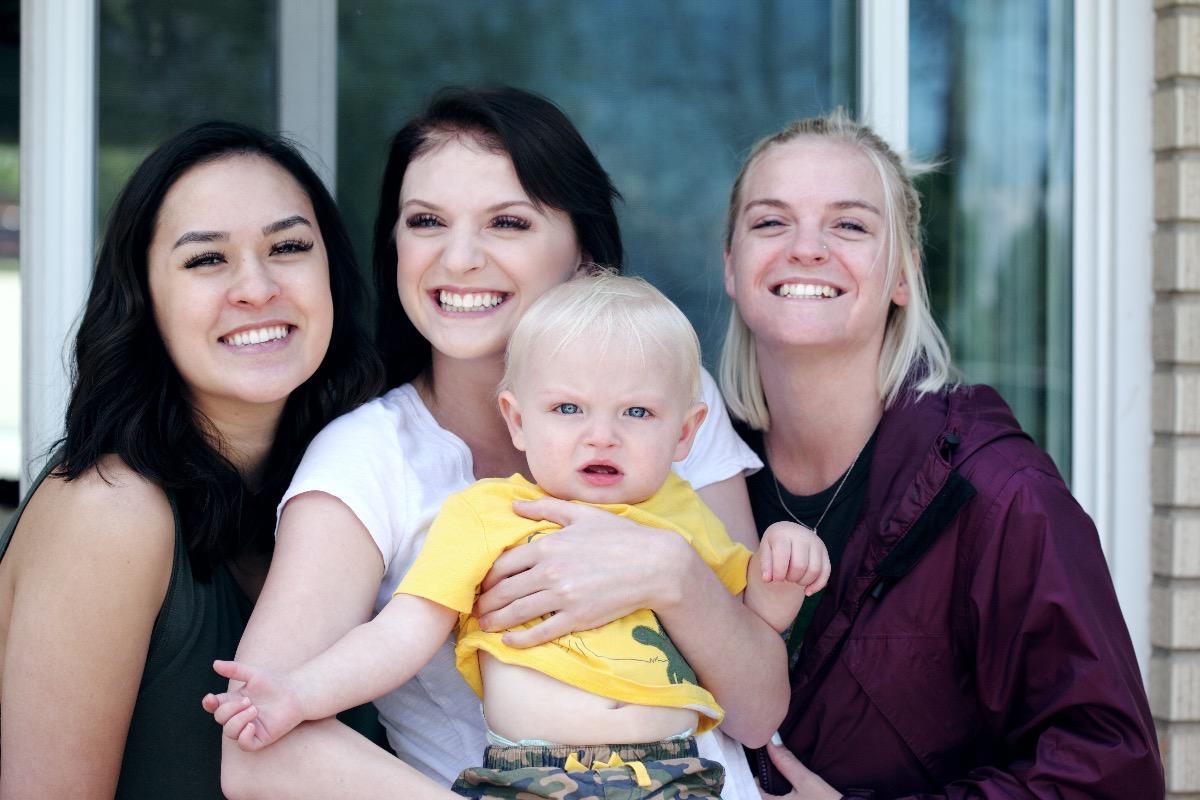
DR. ATHENA STAIK
When your brain shifts to a protective mode, in a discussion with your partner, elevated fear can make the experience feel larger than life itself. It may not be realistic; however, if it feels real inside, it is a reality felt physically throughout your body in the moment. This may not make sense to the logical mind; but emotions drive behaviors, not logic.
In the case of fear-based emotions, fear can hijack logic completely.
This is why it’s so vital to break free of thinking patterns that trigger survival reactivity, which, in effect, limit your capacity to connect emotionally. Not only does defensive reactivity erode intimacy and fun in your relationship, it also creates distance between you and those you most love.
It blocks your ability to:
- Empathically connect with self and other.
- Think clearly to reflect on what you want, need, feel, etc.
- Problem solve by looking at options, plans, what works, and so on.
- Cultivate a better understanding of one another.
- Strengthen your relationship by increasing your sense of trust and safety.
- Celebrate new ways to make life more wonderful.
What thinking patterns are prevalent instead? Comparisons! You were taught to regularly compare yourself to others, in order to:
- See who comes up short.
- Determine who is superior and inferior.
- Decide whose fault it is or who’s to blame.
- And so on!
Wasting energy on a view of yourself and your partner as either right/wrong, effective/defective, superior/inferior, and so on, does not produce resourceful states in you!
Even if you “win” one moment, your brain remains on guard, scanning the environment for possible threats to your “superior” position in relation to the other. This keeps your brain operating at low levels of fear.
Since it’s impossible to always be better at everything and everyone, even if you have a house full of plaques and awards, this type of thinking:
- Keeps you anxiously on guard.
- Wastes an enormous amount of energy to ensure you “control” your image with facades, and masks, and the like.
- Disturbs your sense of presence and happiness inside.
- Blocks you from feeling safe enough, emotionally, to give and receive love.
Essentially, you are fighting for something you already own inside: your own sense of self-esteem, value, acceptance, love, which you need to remain as constants, especially in challenging moments!
Where do these defensive strategies originate?
For one, they are prevalent thinking patterns in our culture. Like others, you live in a world that has taught you unhelpful beliefs, such as those that get you to think you must struggle to "feel good enough" and, once you do, then you'll deserve to feel happy, emotionally fulfilled. Whether it’s for awards, accolades, money or love, attention, or to “be right” at some level, even if you do not “think” of yourself at present as a “competitive” person, it’s nearly impossible to live in our culture and not regularly find yourself in competition with others, at minimum, emotionally and often subconsciously outside your awareness.
Most likely, your family of origin was the biggest influence. You learned your preferred defensive strategies from interactions with your primary caregivers. Your parents' brains attuned your brain with many of their stress response patterns.
The intent here is not to blame parents. Before going into "who's to blame" mode, think twice. Blame is at best a cheap thrill that predictably leaves us feeling powerless 100 percent of the time. For one, blame patterns break the Golden Rule. We find a more compassionate approach to seeing others when we consider how much we each want others to give us the benefit of doubt. Most all of us, and this applies to all the people in our lives, do the best they can with what they know do do.
When we know better, we can then do better.
It helps to focus on a higher purpose of our interactions with one another, for example, the purpose of getting to better understand ourselves and others. To understand, for example, how:
- Your past experiences affect your interactions and relationships today.
- Your parents came by these patterns honestly, likely passed down for generations.
Is it any wonder that so many partners find themselves feeling inadequate when discussing sensitive issues, considering that, when they get triggered, they are reacting from cognitive-emotional constructs (i.e., beliefs, thinking patterns, etc.) they formed, in many cases, prior to early elementary school years?
There’s good news! You have a choice, a conscious choice, to take charge of thinking patterns and make optimal shifts in how you feel about yourself and life.
